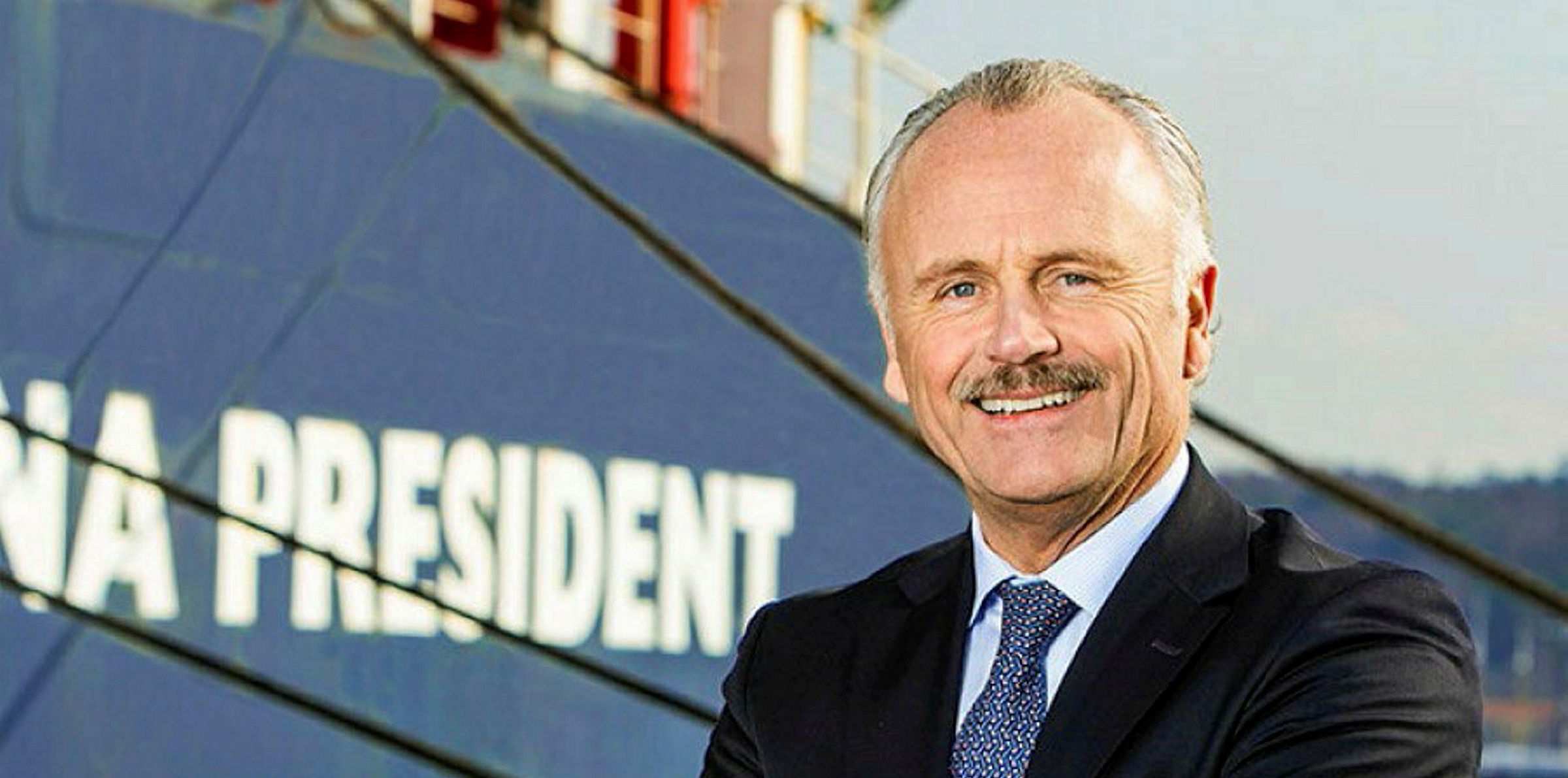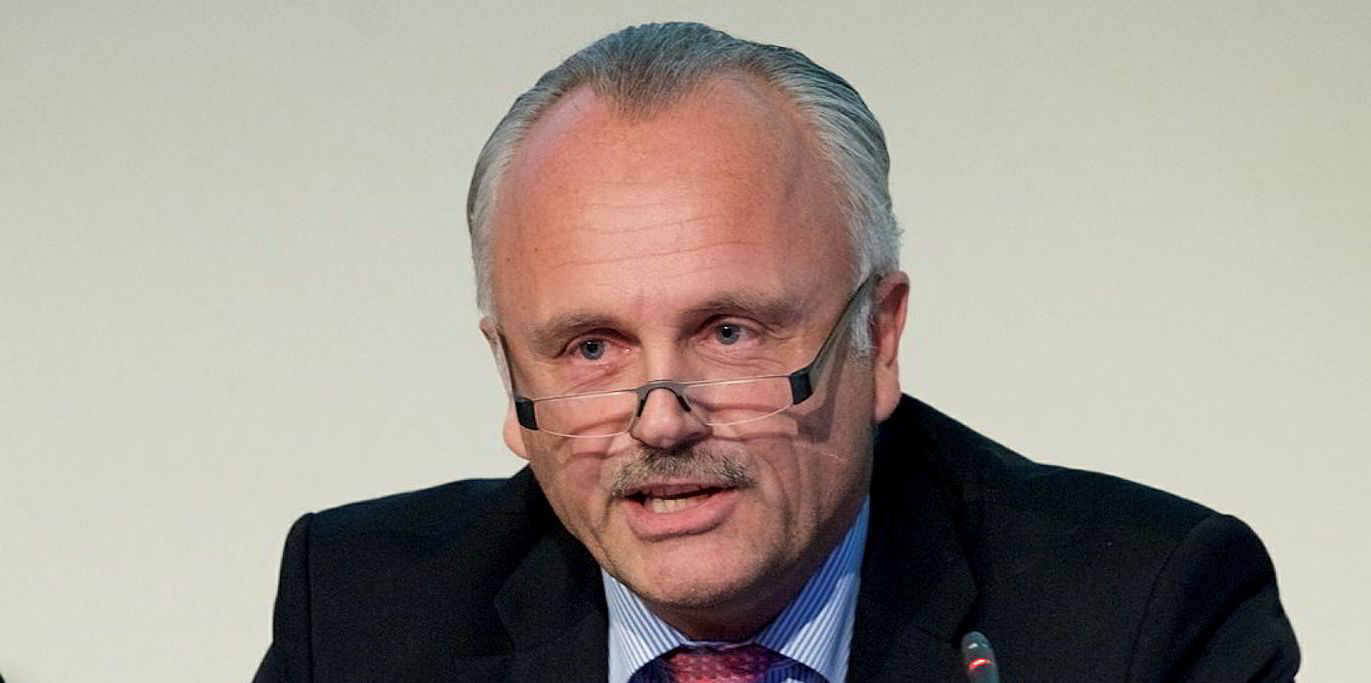Concordia Maritime chief executive Kim Ullman said the product tanker market is experiencing “the darkest hour” but reiterated his positive market view for 2021 and 2022.
In a market update recently posted on the company website, Ullman said tanker earnings are pressured this winter by weak oil consumption and the Opec+ supply cut during the Covid-19 pandemic.
Ullman said oil stock withdrawals close to the consuming countries therefore have “hung like a heavy, wet blanket over demand for tanker transport”.
“And right now, it is weaker than ever,” he said.
Nasdaq Stockholm-listed Concordia, which owns 12 product tankers and one suezmax, has faced strong market headwinds in recent months.
The Stena-backed owner dipped into a net loss of SEK 35.9m ($4.04m) in the three months to 30 September, against SEK 35.6m a year ago.
But Ullman said tanker markets will begin to recover from next year onwards due to an Asia-led oil demand recovery and a small orderbook.
“We expect the market to become gradually stronger in the coming year,” he said.
Strengthening demand
He added that global oil consumption is expected to rise to 100m barrels per day (bpd) in the second half of 2021 — almost identical to the pre-pandemic level — from 95.6m bpd in November, citing figures from the Energy Information Administration.
“Despite a second Covid-19 wave, consumption continues to recover at a relatively good pace,” Ullman said.
Concordia expects Asia to account for about 75% of the recovery — which, Ullman said, means longer transport distances and increased shipping demand.
“A temporary decline in demand for oil ... has often been followed by a sharp, sometimes almost disproportionate, upturn,” he said. “When a turnaround comes, it is usually significant.”
Predicting a quicker pace of destocking than many analysts, Ullman said OECD oil inventories will fall to the five-year average during the first quarter of next year.
“This is obviously ... a positive effect on the tanker market,” he said.
Limited fleet growth
Moreover, Ullman suggested the fleet growth will be limited as the orderbook of product tankers only accounts for 6% of existing fleet — the lowest in 25 years.
“There are still virtually no new orders being placed, which is, of course, positive for the market, both now and in the long term,” he said.
Despite weak market conditions currently, Ullman expects improved supply-demand balances for tankers in the years to come.
“We now look forward, with cautious optimism, to embracing 2021," he said. "Given developments in the tanker market, both 2021 and 2022 now look like they could be really exciting years.”






